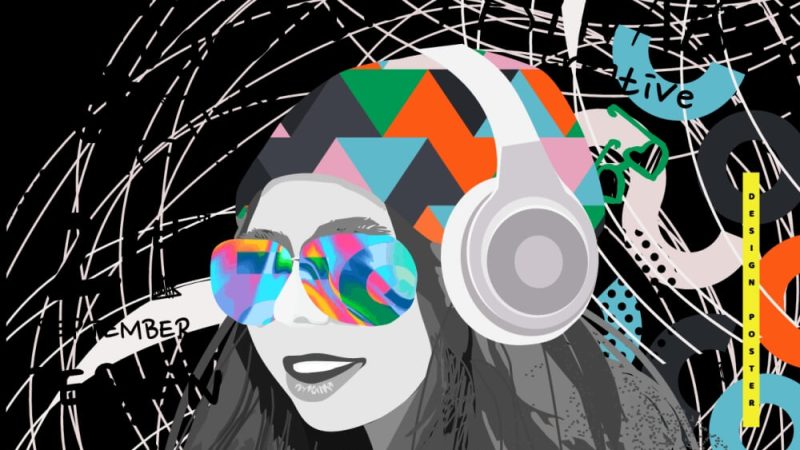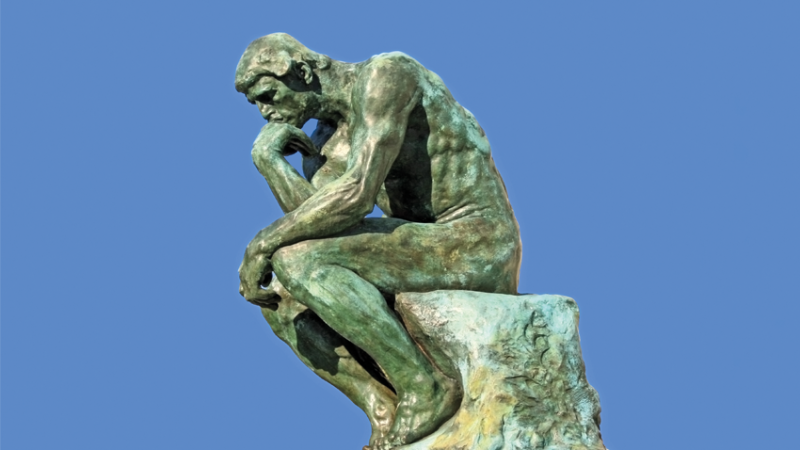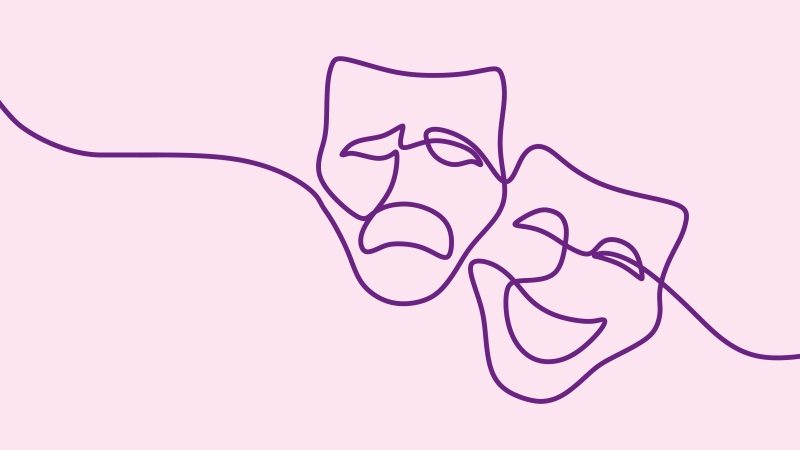We must stop sidelining the arts and offer students a genuinely rounded education
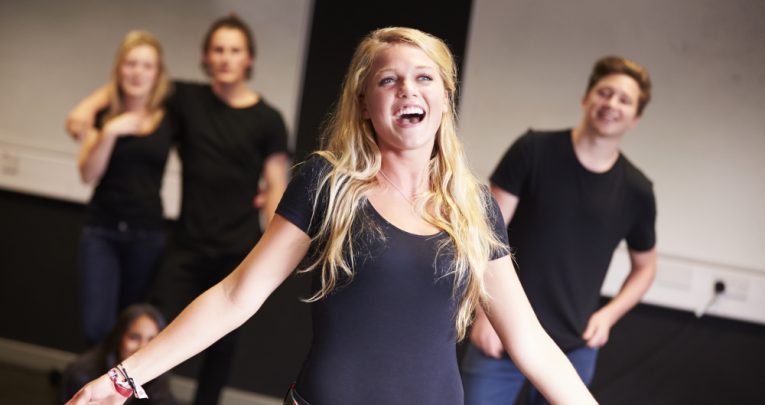
We need to ensure that 'soft-skill' subjects are given centre stage and not ghettoised. This will ensure enhanced learning across all disciplines and lead to success
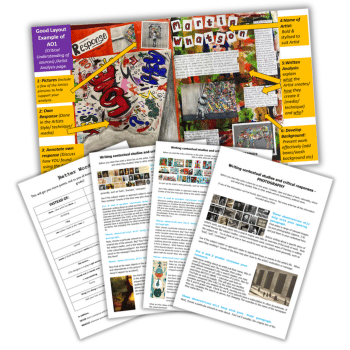
What is a rounded education? What are core skills? How can we best equip young people to step out into the world in a sure-footed fashion? These three questions preoccupy me as there becomes an increasing divide between our virtual and real lives.
With the rapid advance of online communication, young people are often more attached to a tablet and an automated friend that anything else.
I’m not against this advancement in technology per se, but feel that now, more than ever before, we need to keep a weather eye on the balance in the curriculum, and particularly between arts and science.
They need to be experienced cheek by jowl for as much of a young person’s formal education as possible, as one feeds the other and as such, nourishes the whole person.
Multiple perspectives
The arts encourage us to view the world from every angle and science does too. The best position from which to do this fruitfully is often a middle one – the intersection between one opinion and another.
This enables us to examine multiple social and cultural structures, in order to have half a chance of understanding all that we see before us.
The STEM subjects are all incredibly creative and those that fall under the arts banner – English, history, music, art, drama – all require participants to be enquiring, forensic, and precise in equal measure. We need to adopt an educational philosophy that embraces all disciplines equally.
Theatre is a perfect example of the intersection, insight and fusion that exists between the arts and science, and if you drill down into the working practices of most producing houses you’ll find that science and arts sit happily side by side in equal measure.
Perhaps schools could be run like theatres, with rehearsal room practice applied in classrooms and team spirit infiltrating all disciplines?
Permission to fail
The power of the arts is transformative – a metamorphosis that that isn’t immediate, but measured over time.
Practical participation in theatre and drama enables us to walk in other people’s shoes and understand how they feel, as well as ourselves and the world in the most sympathetic way.
Having the ability to empathise and consider another’s perspective is the seedbed for good and fruitful communication.
This in turn can lead to the building of confidence, flourishing of imagination and personal growth – all of which are vital to experience for a rounded education.
The grammar of theatre, music, dance and art is as important as that of technology. No subject should take precedence over another, but instead be intelligently linked to create an environment in which students can thrive.
There is something incredibly robust about the so-called ‘soft skills’, and the arts offer these in abundance. We need to ensure that subjects in this field are given centre stage and not ghettoised. This will ensure enhanced learning across all disciplines and lead to success.
To truly thrive though, we need to be given permission to fail, as some of the biggest lessons in life come from picking ourselves up and trying again. In drama and theatre there’s no stigma regarding failure. It’s just seen as part and parcel of the rehearsal process.
With this outlook, confidence builds and consequently failure isn’t established as a concern. It would be great if young people in formal education were afforded the same permission.
In one fell swoop there would be an immersion in a creative and academic education with students learning invaluable lessons just through not having to get it right. This can’t be wrong, can it?
 Fiona Lindsay is the creative producer of Digital Theatre+ and has been instrumental in its creation and development.
Fiona Lindsay is the creative producer of Digital Theatre+ and has been instrumental in its creation and development.






